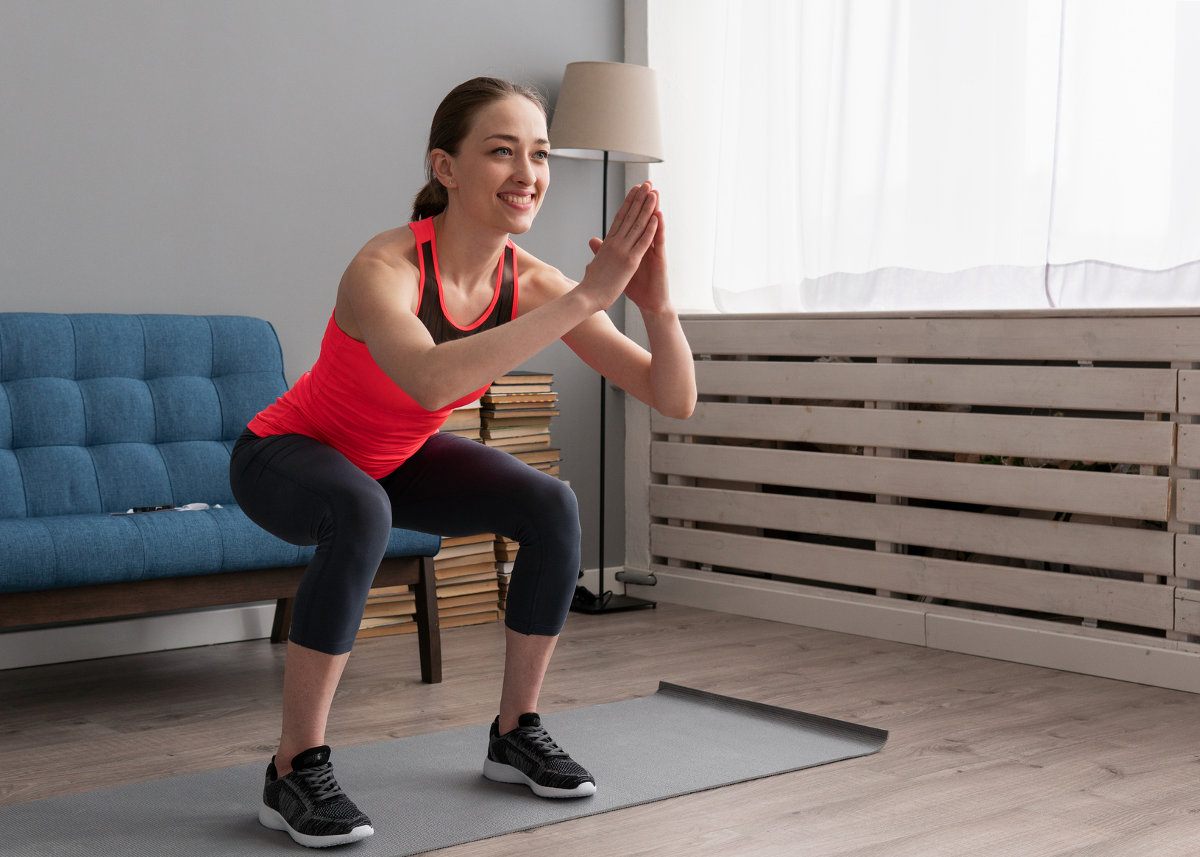
The NSCA offers a wide variety of CEU options through events as well quizzes and at-home study courses. These opportunities are offered by the association as well as through partner organizations. MedBridge can be one of these partner organizations. If you are looking to keep your certification current and maintain your credentials, these courses can be taken for free.
MedBridge
MedBridge might be the right choice for you if your goal is to earn NSCAE Credits. They offer convenient CEUs with the added benefit of a robust platform. The site offers many continuing education courses. The IDN Foundation course, for example, offers 27 CE hours or 32 CCUs and is approved for 2.7 CEUs through FSBPT. And Campus Recreational Sports: Managing Employees, Programs, and Services is designed to develop the skills and knowledge required by today's campus recreation manager.

ACE
Although the NSCA is more prestigious, and has been around longer than a decade, ACE has proved itself to be a worthy rival. It is not only a source of academic excellence, but it is also widely recognized by employers in the United States and Europe. It's also recognized by The National Academy of Sports Medicine.
ACSM
The ACSM CPT exam is a multi-faceted test. The test is broken down into four domains that are based on cognitive level. For your certification to be maintained, you will need to retake the exam no less than three times per year. Recertification costs $45 if you're on time and $75 if late. It includes 150 multiple-choice questions.
ISSA
You must complete at least 20 hours worth of continuing education credits (CECs) to keep your ISSA certification current. These credits are free, but you must purchase the renewal package, which costs $99. The NSCA requires 6.0 CECs every three years, although most certifications require two-year renewals.
NSCA
You can get free CEUs if you are a member of National Society of Arboriculture. These include on-demand CEU quizzes, virtual events, and industry-leading conferences. Participation in NSCA-accredited volunteer activities and other programs can earn you CEUs.

NASM
CEUs (continuing education units) are something you might have heard of if your profession is health or fitness. These units can be earned by earning time-based credits through additional academic activities such enrolling in certification courses and attending relevant workshops. CEUs may only be earned if these courses have been approved by an approved provider. While NASM requires its members to complete 60 hours of continuing education every two years, NSCA requires three times that amount. Non-members can recertify by paying $35 to $65 and NSCA certifications range from $60 to $90.
FAQ
What happens if I don’t get enough sleep?
Your brain won't receive enough sleep if it doesn't get the signals it needs to regulate hormones, chemicals that regulate appetite and metabolism. In turn, this can cause you to eat more and gain weight. Sleep deprivation can also lead to excessive weight gain.
Why is fitness so important?
Physical fitness is extremely important for our health. To maintain our strength, flexibility and weight, as well as our cardiovascular system, we must exercise regularly. Exercise also helps us sleep better at night, reduces stress, improves self-esteem, and increases energy levels throughout the day.
Which Is more important? Exercise, diet, sleep?
What you are looking to accomplish will determine the answer. Weight loss is possible by following a healthy diet. To build muscle mass, exercise is crucial. Sleep is the last important factor, as it has little to do with how well your day goes.
Do I need a warm-up before I go?
Warming up before an activity can reduce muscle soreness, improve performance, and help to prevent injury. There are many methods you can use to warm up, including running, jumping rope and stretching. Start slowly and gradually increase your pace and intensity.
Statistics
- One study showed that adults who watch more than 4 hours of television daily had an 80% higher risk of death from cardiovascular disease. (heart.org)
- Globally, 28% of adults aged 18 and over were not active enough in 2016 (men 23% and women 32%). (who.int)
- Globally, 81% of adolescents aged 11-17 years were insufficiently physically active in 2016. (who.int)
- Physical activity confers the following maternal and fetal health benefits: a decreased risk of pre-eclampsia, gestational hypertension, gestational diabetes (for example, 30% reduction in risk) (who.int)
External Links
How To
How to Burn Belly Fats Faster
Belly Fat is often thought of as a problem when trying to lose fat. When you stop and think about it, Belly Fat can actually be a blessing. It is the fat in your stomach that protects your organs. Let's look at how to rapidly lose belly fat.
The two main factors that make us store body fat are stress and lack of exercise. Because stress stimulates the release of cortisol hormone, it makes us hungry all the time. Cortisol raises insulin levels. Insulin then stores excess calories as fat. A lack of sleep leads to adrenaline being released into the system which causes an increased appetite. Exercise helps to break down these extra calories.
There are many different ways to reduce bellyfat. You can try any one of them depending upon your budget. These are some ways to quickly lose belly fat.
-
Reduce the amount of food you eat. Instead of eating three large meals a day, eat smaller meals. This way, you'll consume fewer calories overall.
-
Get plenty of water. Water flushes out toxins from your body and keeps you hydrated. Drinking water before meals will help you feel fuller for longer, so you don't overeat.
-
Avoid unhealthy snacks. If you're looking for quick fixes, snack foods like chips, cookies, candies, etc. Although tempting, they can be very unhealthy. These sugary treats have lots of empty calories so avoid them. Choose healthier alternatives such as whole grains, vegetables, fruits, seeds, nuts and seeds.
-
Three times per week, strength training is recommended. Strength training helps build muscle mass, which means that you can burn more calories even when you are resting. Strength training strengthens bones, muscles and ligaments. It can also improve the heart, lungs, joints, and other body systems.
-
Move regularly and stretch. Stretching can improve flexibility, mobility, and reduce back pain. Walking for 30 minutes is a great way to burn calories.
-
Reduce alcohol intake. Alcohol adds empty calories to your diet and has no nutritional value whatsoever.
-
Slowly lose weight. The first step towards losing weight is to identify what your current weight is. Then calculate your ideal weight by adding 5% to 10% of your total body weight. Once you have determined your ideal weight, you can start to reduce your calorie intake by 500-1000 calories per day until you reach it.
-
Avoid processed foods. These foods have high amounts of salt, sugar, and preservatives. Processed foods are often very convenient but don't provide enough nutrients to keep you healthy.
-
Don't skip breakfast! Eating breakfast improves concentration, memory, and energy level. Include protein (like eggs) and fiber, like oats, in your breakfast.
-
Have regular bowel movements. Gas and bloating can result from irregular bowel movements. This can be prevented by drinking plenty of water and increasing fiber intake.